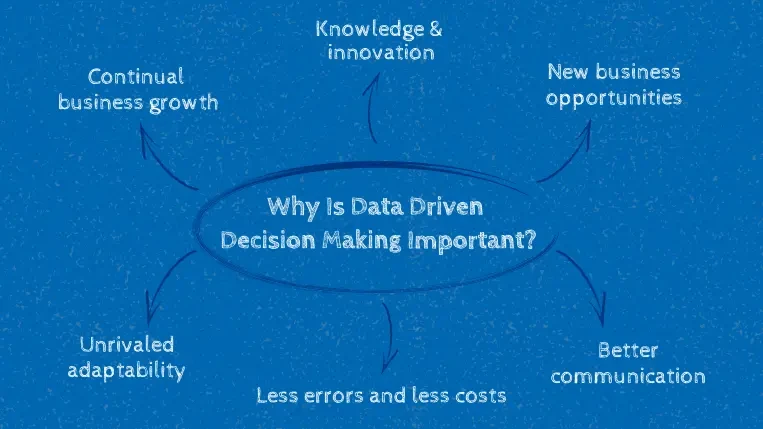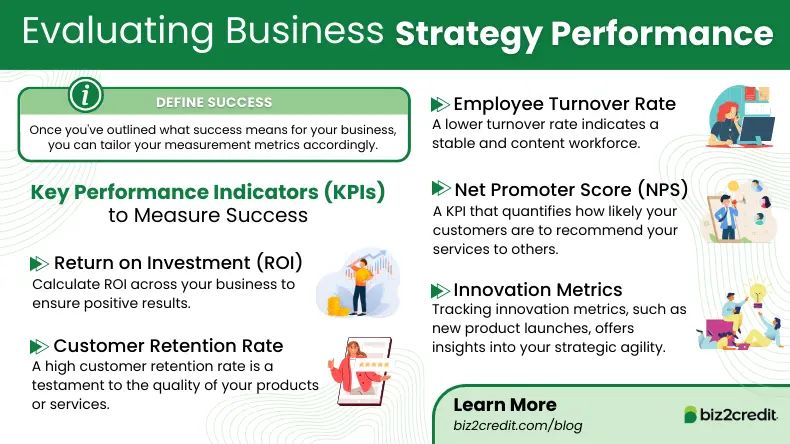
The Importance of Data-Driven Decision-Making in Business
- 0
As technology continues to advance at a rapid pace, businesses are finding themselves inundated with data. This data can come from a variety of sources, including customer interactions, sales figures, and market trends. In order to stay competitive in today’s fast-paced business world, companies must be able to effectively analyze and utilize this data to make informed decisions. This is where data-driven decision-making comes into play.
What is Data-Driven Decision-Making?
Data-driven decision-making is the process of making business decisions based on data analysis and interpretation. Instead of relying on gut feelings or intuition, companies use data to inform their decision-making process. By analyzing trends, patterns, and correlations within the data, businesses can make more informed decisions that are likely to lead to better outcomes.
The Benefits of Data-Driven Decision-Making
There are numerous benefits to implementing a data-driven decision-making strategy within a business. Some of the key advantages include:
1. Increased Efficiency
By using data to inform decision-making, companies can streamline their operations and make more efficient use of resources. This can lead to cost savings and improved productivity.
2. Improved Accuracy
Data analysis provides a more accurate picture of the current state of the business, allowing for more accurate predictions and forecasts. This can help companies make more informed decisions that are based on facts rather than guesswork.
3. Enhanced Decision-Making
When decisions are based on data rather than intuition, companies are more likely to make sound choices that align with their business goals. This can lead to better outcomes and increased success in the long run.
4. Competitive Advantage
Businesses that embrace data-driven decision-making are better equipped to respond to changing market conditions and stay ahead of the competition. By utilizing data analysis, companies can identify new opportunities for growth and innovation.
Implementing a Data-Driven Decision-Making Strategy
In order to successfully implement a data-driven decision-making strategy, companies must first ensure that they have the right tools and technologies in place. This may involve investing in data analytics software, hiring data scientists, or training existing employees on data analysis techniques.
Once the necessary infrastructure is in place, businesses can begin collecting and analyzing data from various sources. This data can then be used to identify trends, patterns, and correlations that can inform decision-making across all levels of the organization.
It is important for companies to establish clear processes and guidelines for data-driven decision-making to ensure that everyone in the organization is on the same page. This may involve setting up regular data analysis meetings, creating dashboards and reports for easy data visualization, and establishing key performance indicators to track progress.
Conclusion
In today’s data-driven business landscape, the importance of data-driven decision-making cannot be overstated. By analyzing and utilizing data effectively, companies can make more informed decisions that are likely to lead to increased efficiency, accuracy, and success. Implementing a data-driven decision-making strategy can give businesses a competitive advantage and help them stay ahead of the curve in an ever-evolving marketplace.

